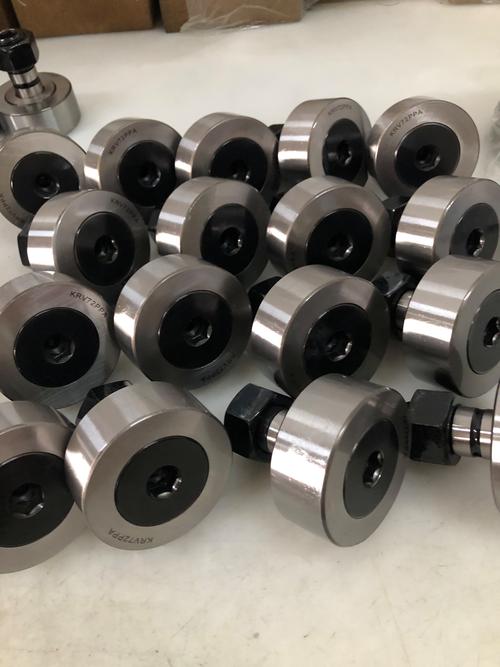Top 5 Industrial Bearings Suppliers: Global Guide to High-Quality Components
Industrial bearings suppliers play a critical role in ensuring the smooth operation of machinery across industries. These suppliers provide essential components that reduce friction, enhance efficiency, and extend equipment lifespan. Choosing the right supplier ensures access to high-quality bearings tailored to specific industrial needs, from aerospace to automotive sectors.
Table of Contents
1. Industrial bearings manufacturers2. High precision bearings suppliers
3. Global bearing suppliers
4. Industrial bearing catalog
5. Custom bearings suppliers
1. Industrial Bearings Manufacturers

Industrial bearings manufacturers are specialized in producing components designed for heavy-duty applications. These manufacturers utilize advanced materials like stainless steel and ceramics to ensure durability. Leading companies often comply with ISO standards, offering certifications that guarantee product reliability. For industries requiring bulk orders, manufacturers provide scalable production lines and just-in-time delivery. Key considerations when selecting a manufacturer include production capacity, material quality, and after-sales support. Partnerships with reputable manufacturers ensure long-term operational efficiency and reduced downtime.
2. High Precision Bearings Suppliers
High precision bearings suppliers cater to industries demanding ultra-accurate components, such as robotics and medical devices. These bearings are engineered with micron-level tolerances to minimize vibration and noise. Suppliers often employ CNC machining and laser measurement technologies to achieve unmatched accuracy. Clients should verify supplier capabilities through case studies or sample testing. Additionally, certifications like ABEC ratings indicate precision levels. Collaborating with specialized suppliers ensures optimal performance in high-stakes environments.
3. Global Bearing Suppliers
Global bearing suppliers offer extensive distribution networks, ensuring timely delivery across continents. These suppliers maintain warehouses in strategic locations to reduce shipping costs and lead times. They often provide multilingual customer support and customized logistics solutions. Evaluating a supplier’s global reach involves analyzing their partnerships with local distributors and compliance with international trade regulations. Companies benefit from diversified sourcing options and risk mitigation through geographically dispersed suppliers.
4. Industrial Bearing Catalog
An industrial bearing catalog serves as a comprehensive resource for engineers and procurement teams. Modern catalogs feature interactive 3D models, technical specifications, and cross-referencing tools. Leading suppliers update their catalogs regularly to include new product lines and industry-specific solutions. Digital catalogs often integrate with inventory management systems, streamlining the ordering process. Users should prioritize catalogs with detailed load capacity charts and installation guidelines to ensure proper component selection.
5. Custom Bearings Suppliers
Custom bearings suppliers address unique engineering challenges by designing bespoke solutions. These suppliers collaborate closely with clients to analyze load requirements, environmental conditions, and space constraints. Advanced prototyping techniques like 3D printing enable rapid iteration and testing. Industries like renewable energy and defense heavily rely on custom bearings for specialized machinery. Key factors when choosing a custom supplier include R&D investment, prototyping speed, and intellectual property protection agreements.
Understanding these five critical aspects of industrial bearings suppliers empowers businesses to make informed sourcing decisions. Whether prioritizing precision, global accessibility, or customization, each factor contributes to operational excellence. Explore how top suppliers integrate advanced technologies and sustainable practices to meet evolving industry demands. This guide provides actionable insights for optimizing your supply chain and maximizing equipment performance.
In conclusion, selecting the right industrial bearings supplier requires evaluating precision capabilities, global logistics, customization options, and technical resources. By aligning supplier strengths with operational needs, businesses can achieve superior machinery performance and long-term cost savings. Stay competitive by partnering with suppliers who prioritize innovation and quality assurance.




 13869596835
13869596835